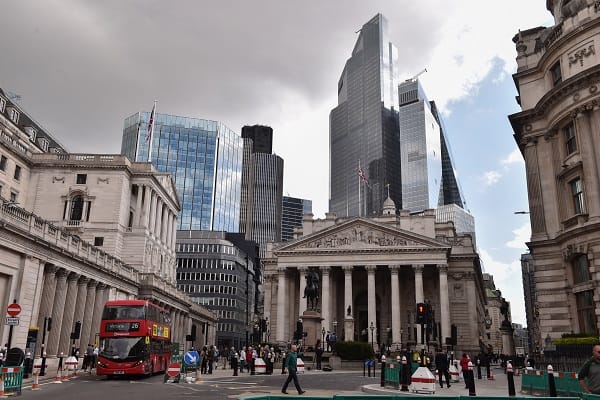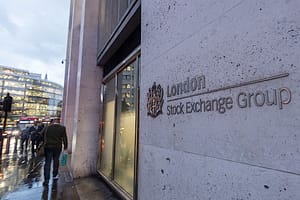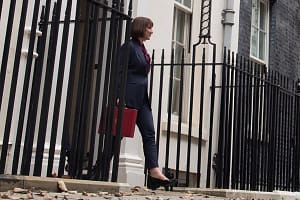With inflation in the UK easing to 1.7% in September, the Bank of England (BoE) is expected to take a steadier approach to rate cuts, further weakening the pound.
For investors in Britain and internationally, this shift demands urgent attention, says Nigel Green, CEO of deVere Group, one of the world’s largest independent financial advisory and asset management organizations.
“The recent drop in core inflation from 3.6% to 3.2%, alongside the overall slowdown, suggests that the BoE will likely maintain gradual 25-basis-point rate cuts from November onwards. We think rates will ultimately come down to 3%,” he notes.
“However, the fiscal policies to be outlined in the upcoming 30 October budget could also influence market sentiment and the pound’s trajectory,” he adds.
“As the pound can be expected to continue to weaken as rates are cut, investors face challenges, particularly those holding foreign assets or UK assets with international exposure.
“For UK investors with foreign holdings, the weaker pound increases the cost of acquiring global assets and may reduce returns when converting profits back to sterling.
“On the flip side, international investors may find opportunities in undervalued UK equities and real estate as the currency weakens.”
The deVere CEO said, “British exporters stand to gain a competitive edge as their products become more affordable for international buyers.
“Investors should look to sectors like pharmaceuticals, tech, and aerospace, which are well-positioned to benefit from global demand.”
Real estate could also emerge as an attractive asset class for international investors.
With the pound losing value, UK property becomes more affordable, particularly in prime locations such as London.
Green sa “Iid,nternational interest in UK real estate is already on the rise. This is an ideal time for global investors to consider properties in Britain at a more favourable exchange rate.
“Commodities, especially those priced in US dollars, offer another avenue for investors. Gold, oil, and industrial metals are likely to see value increases in sterling terms as the pound weakens, providing diversification and protection against currency volatility.”
As the BoE is expected to continue with gradual rate cuts from November and the budget looms at the end of the month, investors must reassess their portfolios. Diversification will be key in managing both currency and policy risks, while positioning for emerging opportunities.
“Now is the time to diversify across asset classes, sectors and geographies to mitigate currency risk and capitalize on sectors that stand to benefit from a weaker pound.”
Fixed-income investments are likely to also become more attractive as interest rates fall. Although yields could decline, locking in rates now could provide an advantage before further cuts occur.
“An expected weaker pound environment presents important new challenges and opportunities for savvy investors in the UK and around the world,” concludes Nigel Green.






Leave a Comment